LANCELOT: new collaboration between IKNL and TNO to enable privacy preserving analyses on cancer-related data.

The LANCELOT project is part of an ongoing strategic collaboration between the Netherlands Comprehensive Cancer Organisation (IKNL) and TNO, together with Janssen Pharmaceutica NV, to develop data infrastructure and AI solutions to enable the use of sensitive health data. LANCELOT will help to reduce the impact of cancer while preserving patients’ privacy. LANCELOT focuses on problems where the data of patients are spread across different organizations, for example at the General Practitioner, the hospital and the pharmacy databases. We are looking for additional partners in healthcare, to bring our solutions to the next level by performing pilot studies, embedding the solutions within legal agreements, and using data in a privacy-preserving manner.
Read moreMarissa van Maaren winner of Enrico Anglesio Prize 2021

Marissa van Maaren, postdoctoral researcher at IKNL, is the winner of the Enrico Anglesio Prize that was awarded at the online IACR congress 2021. The Enrico Anglesio Prize is awarded every year to a young researcher who has prepared an original work in the domain of epidemiology, cancer registration.
Read moreVaccination against Sars-CoV-2 works well during cancer therapy for solid tumors
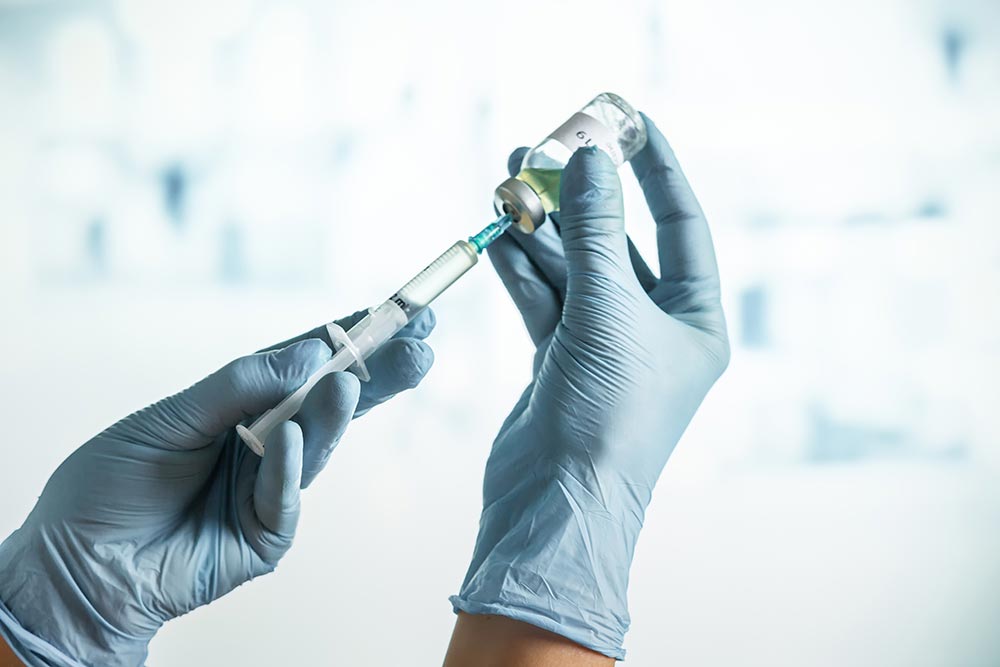
Most patients with cancer receiving immunotherapy, chemotherapy, or both as treatment for solid tumors respond well to vaccination against against Sars-CoV-2, the pandemic coronavirus.
Read moreSymposium: The Netherlands Cancer Registry in Europe
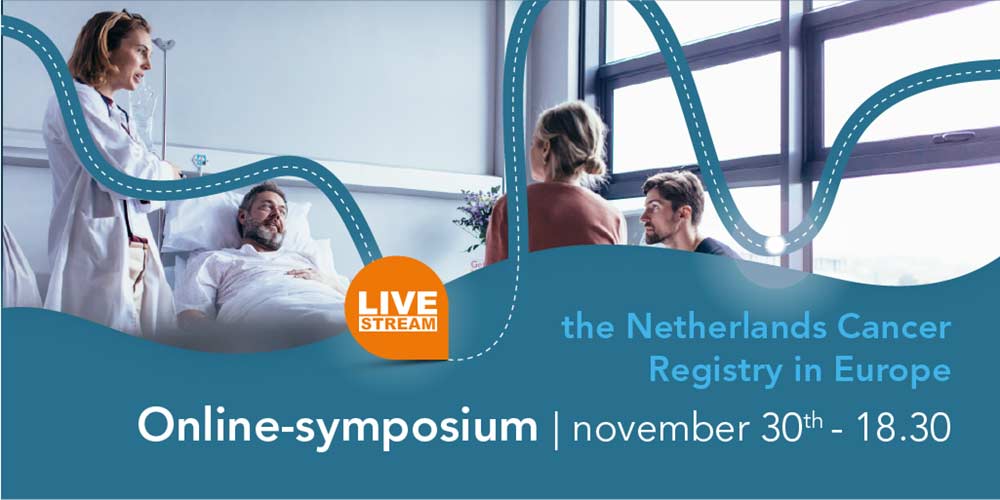
Tuesday November 30th the Comprehensive Cancer Organisation Netherlands organized the online symposium of the Netherlands Cancer Registry.
Read moreExtensive diagnostic work-up for patients with CUP in the Netherlands, irrespective of fitness
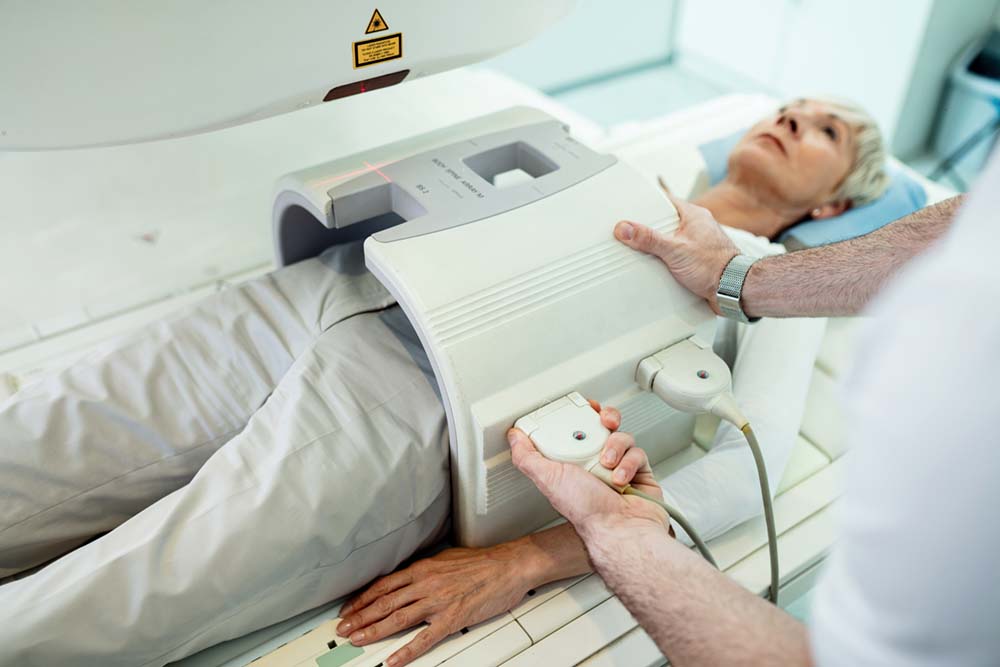
Patients with a carcinoma of unknown primary (CUP) in the Netherlands undergo an extensive diagnostic work-up, where the patient’s fitness does not appear to make any difference. IKNL-researcher Laura Meijer and colleagues conclude this in a recent paper on CUP diagnostics and treatment in the Netherlands, using data from the Netherlands Cancer Registry. The patient’s fitness did make a difference in whether a patient received systemic and/or local treatment, although most patients included in the study (58%) did not receive any treatment at all.
Read moreCancer registries as fuel and engine for data driven rapid learning health systems, an interview with dr. Xander Verbeek
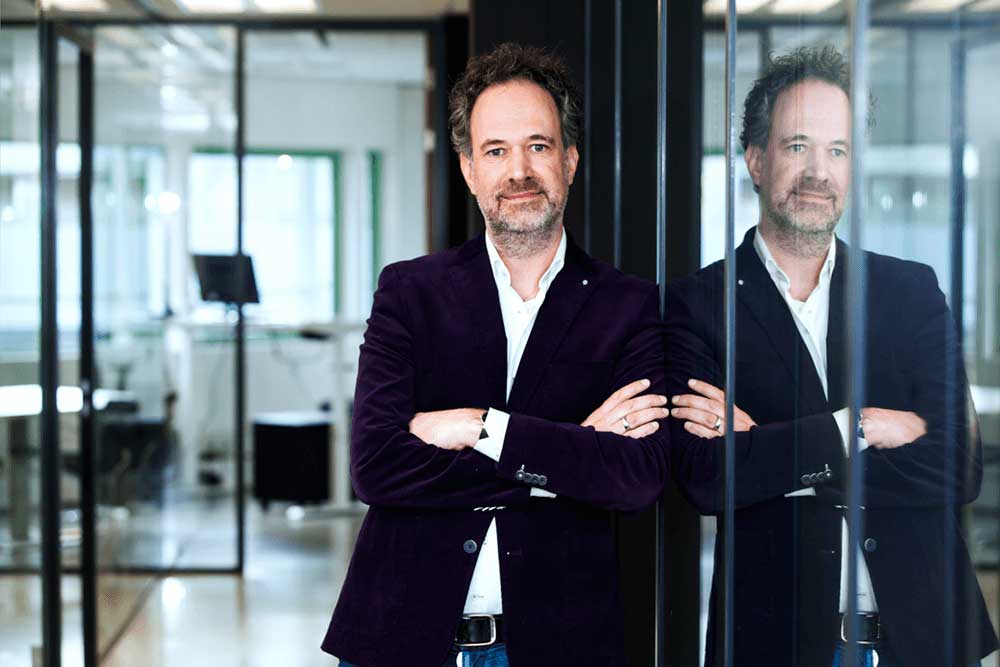
In the Dutch session at HIMSS2021 dr. Xander Verbeek, head Research & Development at the Netherlands Comprehensive Cancer Organization was invited to share his vision on data analytics in oncology. He emphasized the role of the cancer registrations as fuel and engine for data driven rapid health systems, with the overall aim to learn from patients and improve health care. What is his vision for the future of data and AI to improve quality of cancer care?
Read moreIKNL joins the consortium PIONEER for prostate cancer care

IKNL joins PIONEER, the European Network of Excellence for Big Data in Prostate Cancer. Within this consortium research will be strengthened with data from the Netherlands Cancer Registry (NCR). A Data Sharing Agreements was signed for this purpose. IKNL will share results of analyses and aggregated data with Pioneer partners, thus protecting the patients' privacy.
Read moreFewer cancer diagnoses in 2020 due to COVID-19 crisis in the Netherlands: first decrease in thirty years
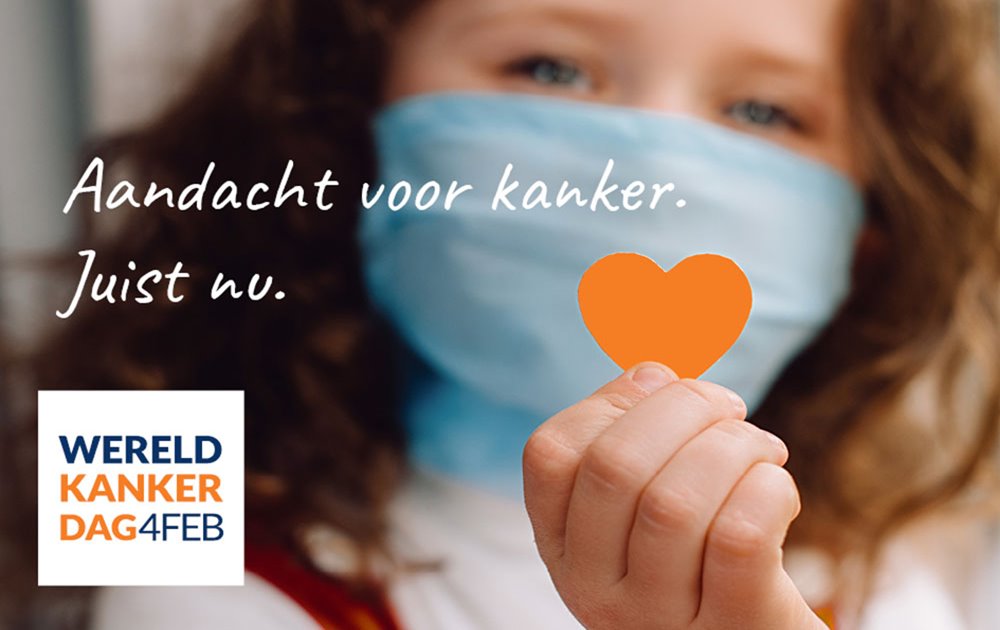
115.000 patients* were diagnosed with cancer in 2020, a decrease of 4.000 diagnoses compared to 2019. This decrease is caused by the postponement of doctor’s visits, the temporary halt of screening programs, and the downscaling of healthcare services last spring due to the COVID-19 crisis. The decrease in cancer diagnoses is the first decline since the establishment of the Netherlands Cancer Registry (NCR) in 1989. The decline in cancer diagnoses was observed across all cancer sites; however, it was most pronounced for breast, colo, and prostate cancer. These findings derive from data from the NCR and are presented by the Netherlands Comprehensive Cancer Organisation (IKNL) at the occasion of the annual World Cancer Day on February 4, 2021.
Read more